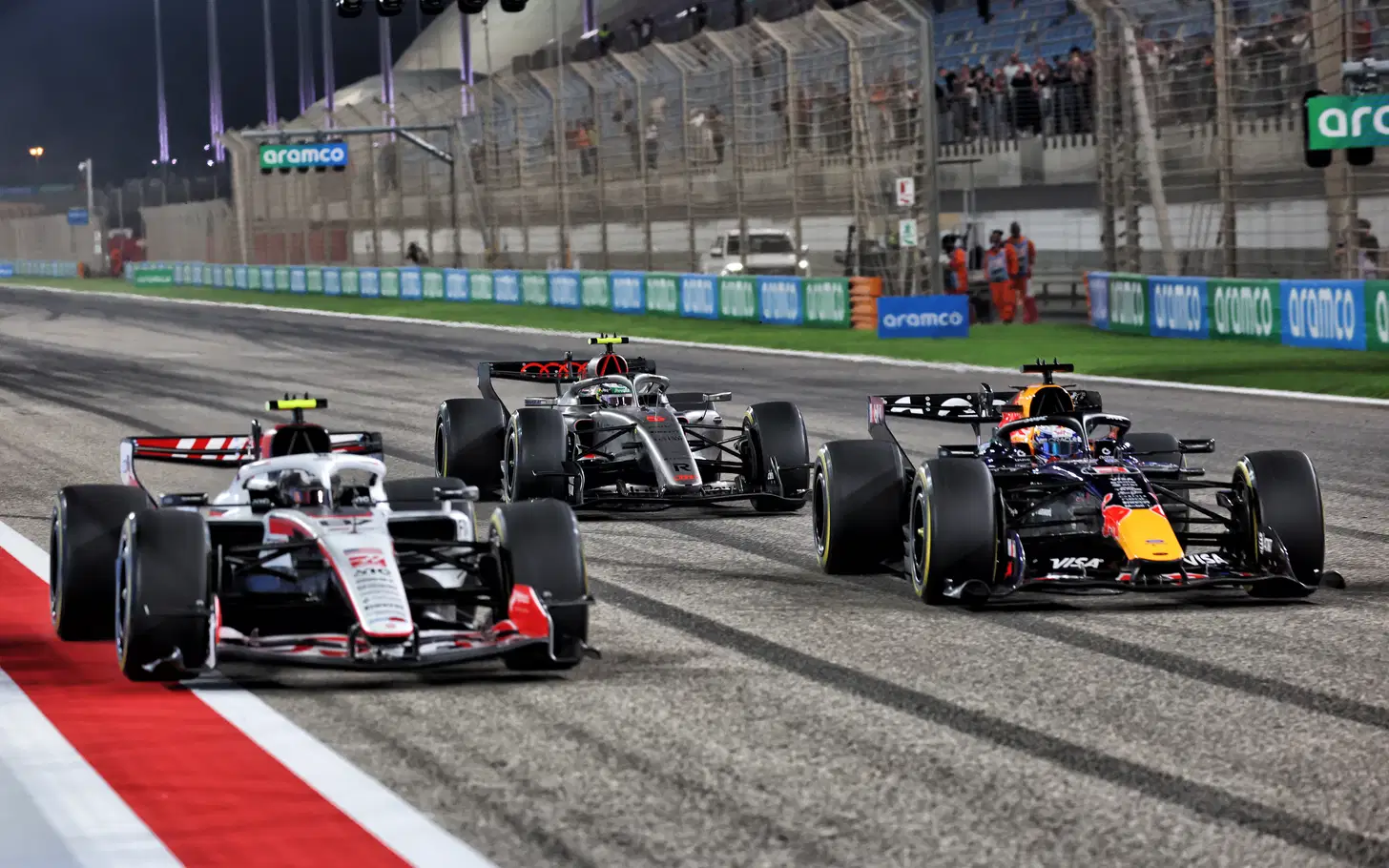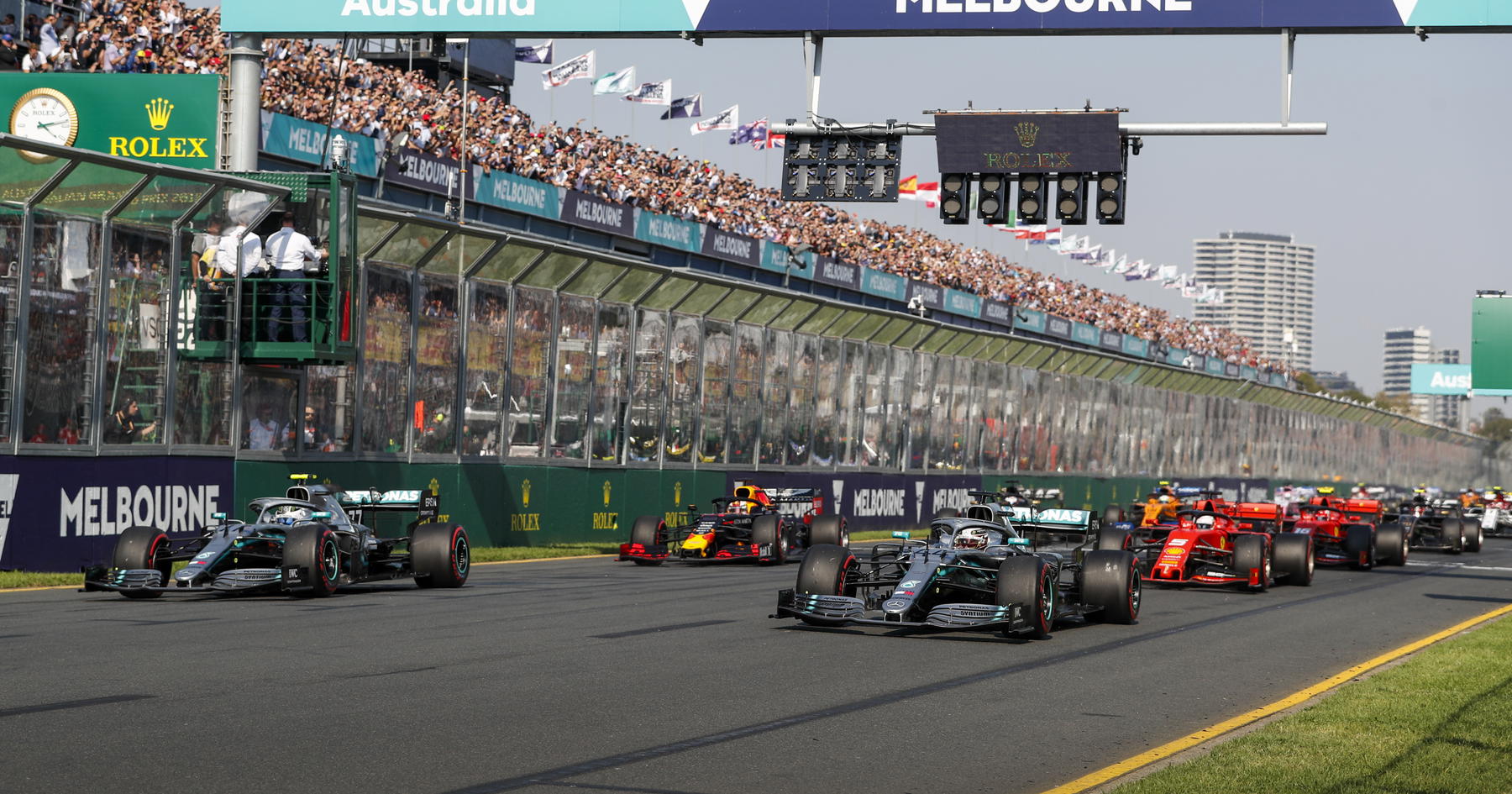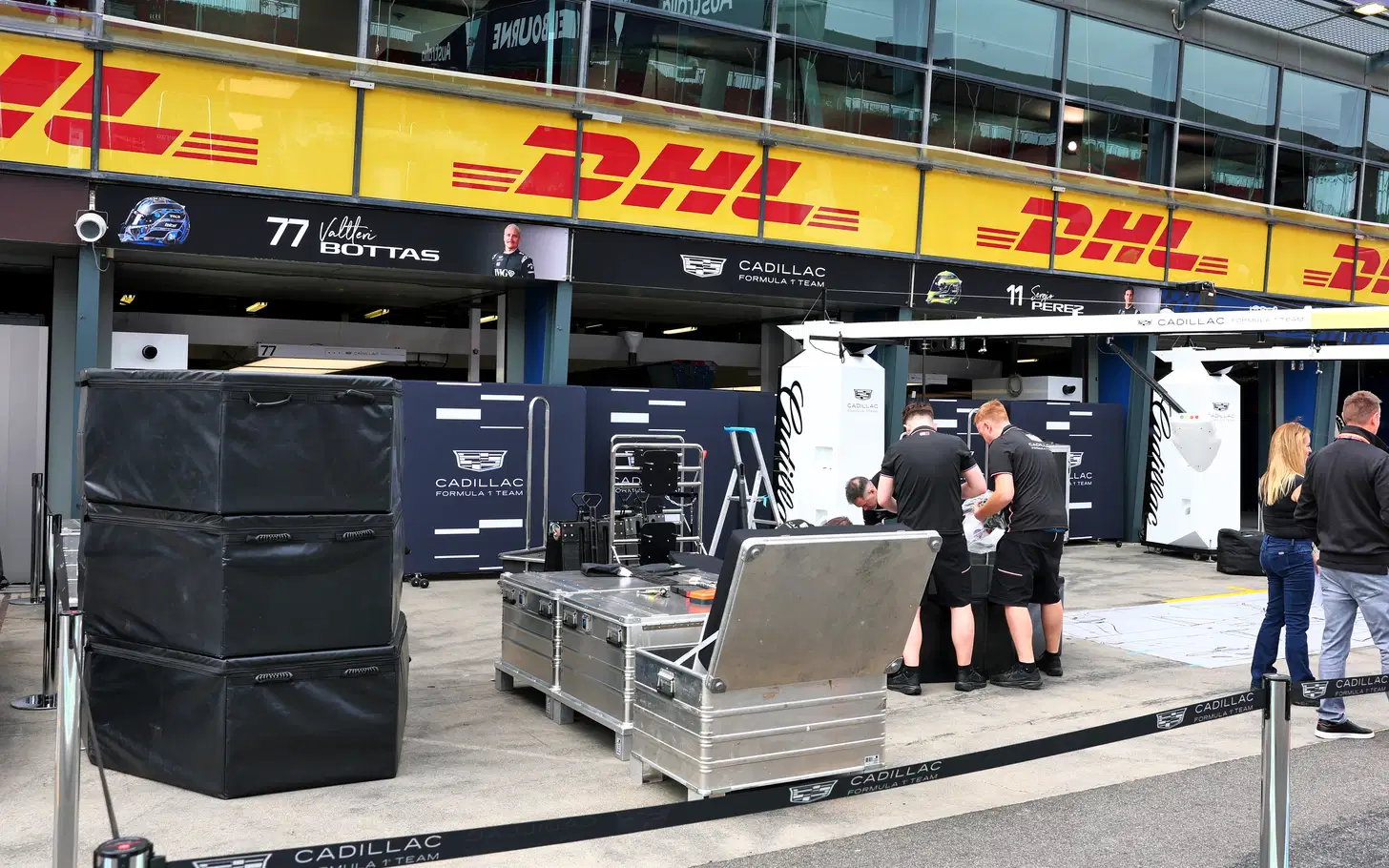McLaren’s Remarks on Verstappen’s Engine Swap Trigger Formal F1 Review
A new layer of tension has been added to the 2025 Formula 1 season as the F1 Commission prepares to evaluate whether Max Verstappen’s engine replacement at the Brazilian Grand Prix should be counted as part of Red Bull’s 2025 cost cap expenditure. The issue, raised pointedly by McLaren after the race, has now escalated into an official discussion that could influence the outcome of this season’s championship battle.
The situation began at Interlagos, where Verstappen endured a miserable qualifying session and could do no better than 16th on the grid. Red Bull responded by opting for a complete power unit change, which forced Verstappen to start from the pit lane — the standard penalty for such a major swap. Surprisingly, despite looking off the pace the entire weekend, Verstappen sliced through the field and managed to secure an impressive podium finish.
The timing of a lap-two safety car proved critical. Although he paid the price of starting from the pit lane, the early interruption neutralised much of the disadvantage. The Dutchman quickly found himself back in contention, fueling suspicions among rival teams about the true motivation behind Red Bull’s decision to install a fresh engine.
McLaren Raises Concerns Over Cost Cap Compliance
After the race, McLaren team boss Andrea Stella openly questioned whether Red Bull’s choice to change Verstappen’s engine was genuinely due to reliability concerns — the only circumstance in which teams are allowed to replace major power unit components without those costs being counted toward the mandatory season-long budget cap.
Since the cost cap was introduced in 2021, every team must operate within a strict financial limit that encompasses car parts, development, operational spending, and power unit elements. For the 2025 season, that cap sits at £106 million, a figure that requires teams to manage resources wisely. Engines, because of their significance and cost, play a major role in this.
Stella suggested that if Red Bull carried out the swap primarily for a tactical performance benefit — to improve Verstappen’s race pace or reset his power allocation — the cost of the new engine should legally be factored into their budget cap. Doing so could push Red Bull dangerously close to, or even beyond, the permitted financial threshold.
“These kinds of power unit changes place stress on the framework of the regulations,” Stella said post-race. “I’m curious to understand whether the financial cost of this engine goes into the cost cap. If the change wasn’t for reliability reasons but for performance, then it should absolutely be counted.”
He added that McLaren themselves avoid such voluntary engine changes because doing so would jeopardize their adherence to the budget cap. Even though teams cannot see each other’s internal reports, Stella’s remarks suggest McLaren believes the circumstances behind Red Bull’s decision warrant scrutiny.
F1 Commission Set to Review the Case
With the paddock buzzing, it has now been confirmed that the F1 Commission — the body responsible for overseeing and interpreting Formula One’s regulations — will formally discuss the Verstappen engine change during a meeting scheduled ahead of the Las Vegas Grand Prix.
While no official accusations have been made, several teams besides McLaren have quietly expressed concern about loopholes in the current engine-change rules. At present, a team can change power unit components without cost-cap implications if the swap is justified on reliability grounds. But some competitors argue that the line between “reliability” and “performance” is becoming too easily blurred, allowing teams to reset engines late in the season strategically.
If the commission decides Red Bull’s swap was not justified, the team could be compelled to count the engine cost toward the cap. Such a verdict could have significant consequences — both sporting and political — especially in a season where the championship battle remains open.
Championship Stakes Heighten the Controversy
The renewed debate also arises at a critical moment in the title fight. McLaren currently leads both standings, with Lando Norris at the top of the drivers’ championship. Norris holds a 24-point advantage over his teammate Oscar Piastri, who sits second. Max Verstappen, meanwhile, trails Norris by 49 points — a deficit he is still mathematically capable of overturning.
The fact that Stella is seeking clarification at such a pivotal stage suggests McLaren believes Verstappen remains a legitimate threat to their drivers. Even though Verstappen’s deficit is substantial, the Dutchman’s proven capacity for late-season surges means McLaren is unwilling to leave any regulatory ambiguity unchecked.
Verstappen’s remarkable comeback drive in Brazil — from pit lane to podium — intensified concerns that the new engine may have provided additional performance benefits. If Red Bull’s actions are ultimately viewed as exploiting a tactical advantage outside the intended spirit of the rules, competitors will want the governing body to ensure the cost cap applies fairly.
A Potential Turning Point in the 2025 Season
As Formula 1 heads to Las Vegas, the outcome of this inquiry could echo beyond a simple procedural decision. A ruling against Red Bull could recalibrate the competitive landscape, impacting the remaining races and shaping the broader narrative of budget cap integrity.
For now, the sport waits to see whether Red Bull’s engine strategy will be deemed compliant — or whether McLaren’s challenge will spark a deeper regulatory confrontation during an already intense championship battle.




